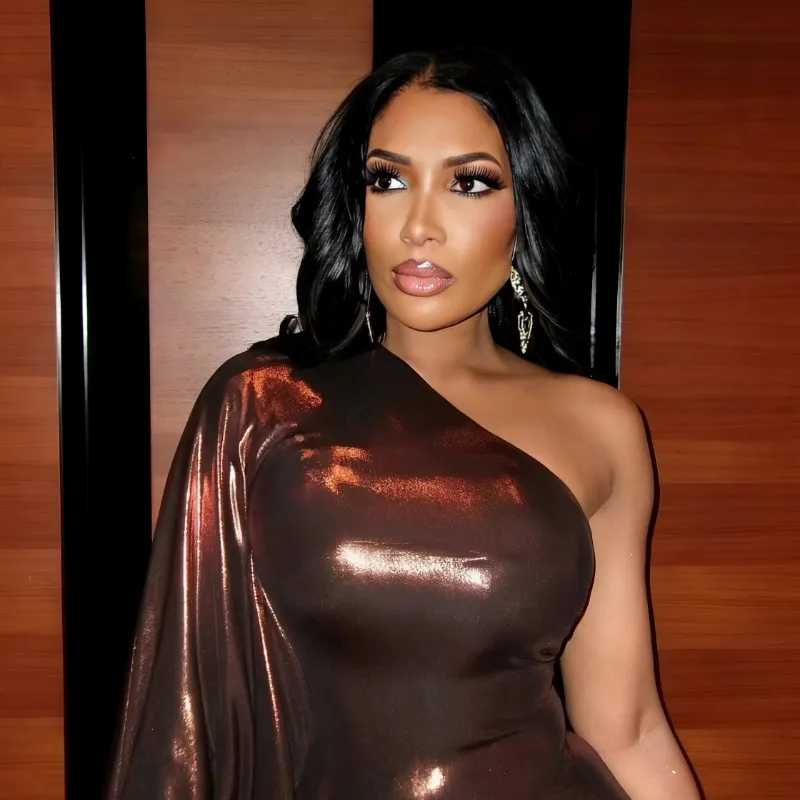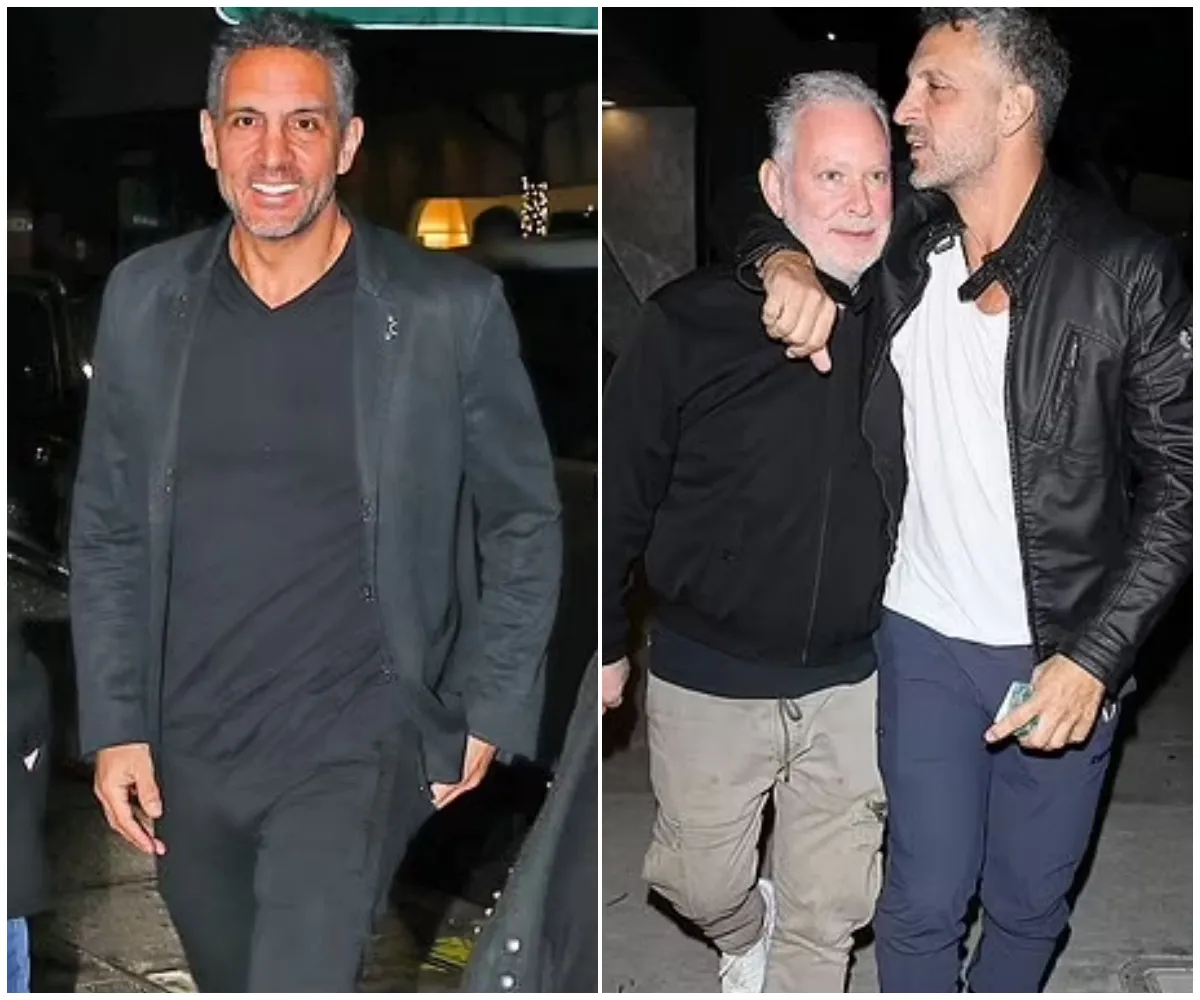In a stunning development that has sent shockwaves through the Real Housewives of Atlanta (RHOA) community, Phaedra Parks, one of the show’s most memorable and outspoken personalities, has reportedly been fined $20,000 by Bravo for insulting a fellow cast member. This unprecedented penalty highlights the intense drama and high stakes that come with being part of one of Bravo’s most popular franchises.
The Incident That Sparked the Fine
According to insider sources, the fine was imposed following a heated confrontation between Phaedra and another cast member during the filming of the latest season. While the specifics of the insult have not been publicly disclosed, multiple witnesses confirmed that Phaedra’s remarks crossed a line that Bravo’s production team deemed unacceptable. The incident reportedly caused significant tension on set, disrupting the delicate balance that producers strive to maintain amidst the show’s often volatile dynamics.
Bravo’s Zero-Tolerance Stance
Bravo has long been known for managing the chaos and conflict that fuel reality TV drama, but this move signals a clear message that certain behaviors will not be tolerated. A network representative stated, “While we encourage open and honest conversations, we have a zero-tolerance policy when it comes to disrespectful or harmful language toward our cast and crew.”
This fine serves as a reminder that, despite the show’s reputation for intense feuds and confrontations, the network draws the line at personal insults that may impact the well-being of those involved.
Phaedra Parks: A Legacy of Controversy and Charm
Phaedra Parks has been a fixture on RHOA since joining the cast in 2010. Known for her sharp wit, legal mind, and unapologetic attitude, she quickly became one of the most compelling figures on the show. Her storylines have included everything from high-profile legal work to personal relationship dramas, all while delivering memorable one-liners and unforgettable moments that have captivated audiences.
However, Phaedra’s time on RHOA has not been without controversy. Over the years, she has been involved in numerous on-screen disputes that have divided fans and fellow cast members alike. This recent fine adds another chapter to her complicated legacy, raising questions about the limits of acceptable behavior in reality television.
Cast and Fan Reactions
The news of the $20,000 fine has elicited strong reactions from both castmates and fans. Some have expressed support for Bravo’s decision, praising the network for taking a firm stand against personal attacks. “It’s about respect,” one fan tweeted. “No matter how heated things get, there’s no excuse for insulting someone like that.”
Others, however, feel the fine is excessive and question whether reality TV stars should be penalized for on-screen conflicts that are, in part, what draws viewers to the show. A former cast member commented, “This is reality TV. We expect drama. But there’s a line, and it’s hard to say where that line is sometimes.”
What’s Next for Phaedra Parks?
Following the announcement of the fine, Phaedra has remained relatively quiet, with no public statements addressing the situation. Fans and media alike are watching closely to see how she will respond and whether this incident will affect her future involvement with RHOA or other Bravo projects.
Given her history and popularity, many expect Phaedra to bounce back, perhaps with a new storyline or a public response that addresses the controversy head-on. Whatever happens, it’s clear that Phaedra Parks continues to be a central figure in the ongoing saga of Real Housewives of Atlanta.
The Bigger Picture: Reality TV, Responsibility, and Boundaries
This incident also raises broader questions about the responsibilities of reality TV stars and networks in balancing entertainment with respect and professionalism. As reality shows grow in popularity and influence, networks like Bravo face increasing pressure to ensure a safe and respectful environment for their talent.
The $20,000 fine against Phaedra Parks may be a watershed moment, signaling a shift in how reality TV handles conflicts that cross personal boundaries. It highlights the delicate balance between drama that captivates audiences and behavior that can cause real harm.



